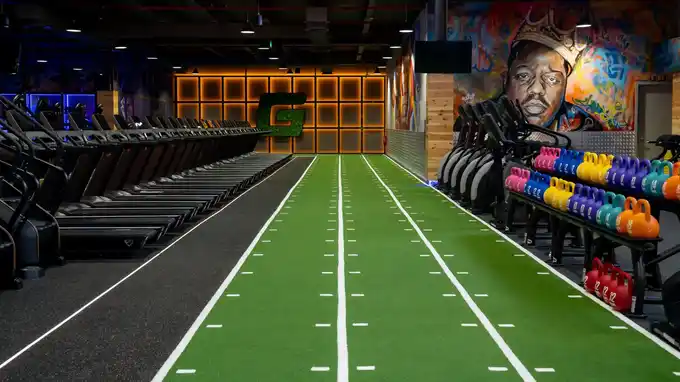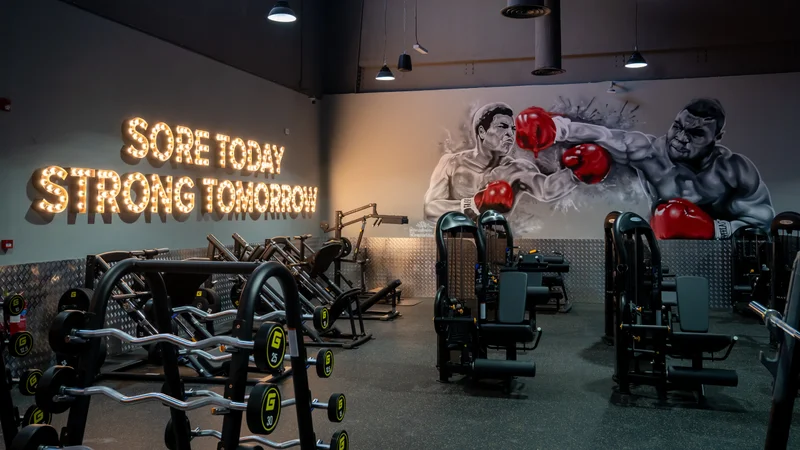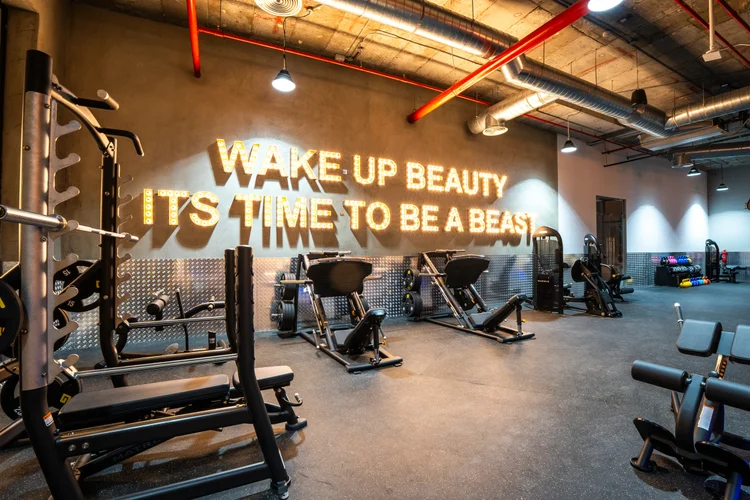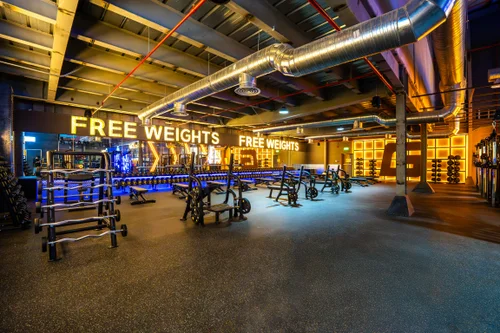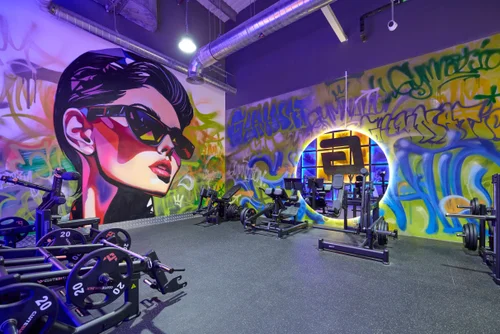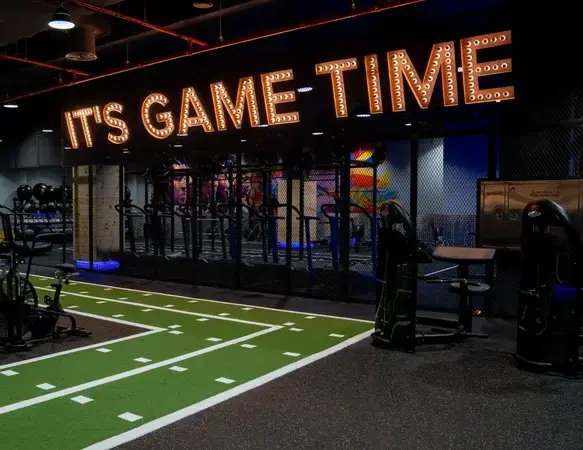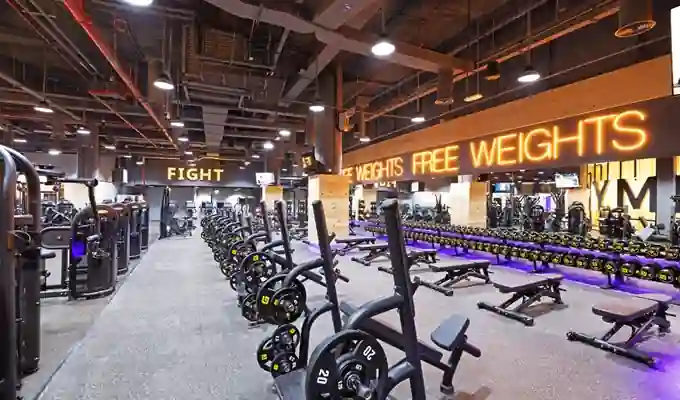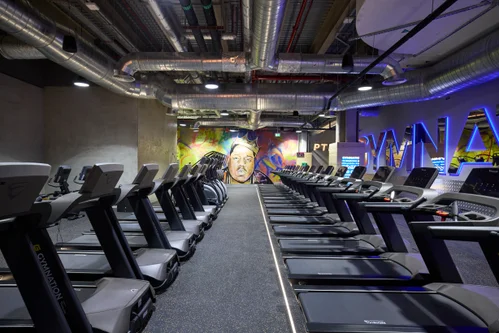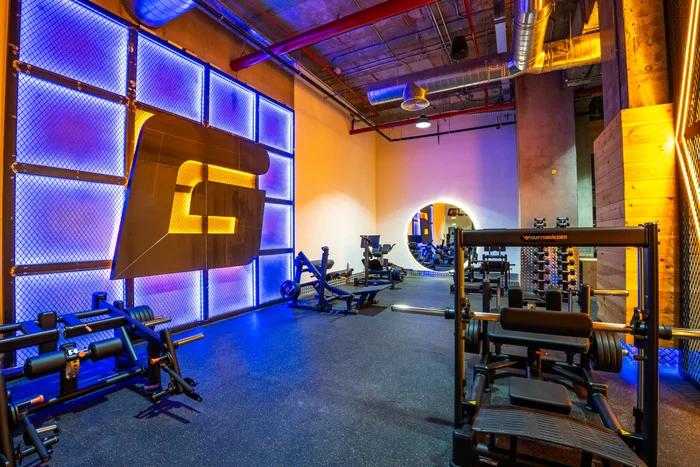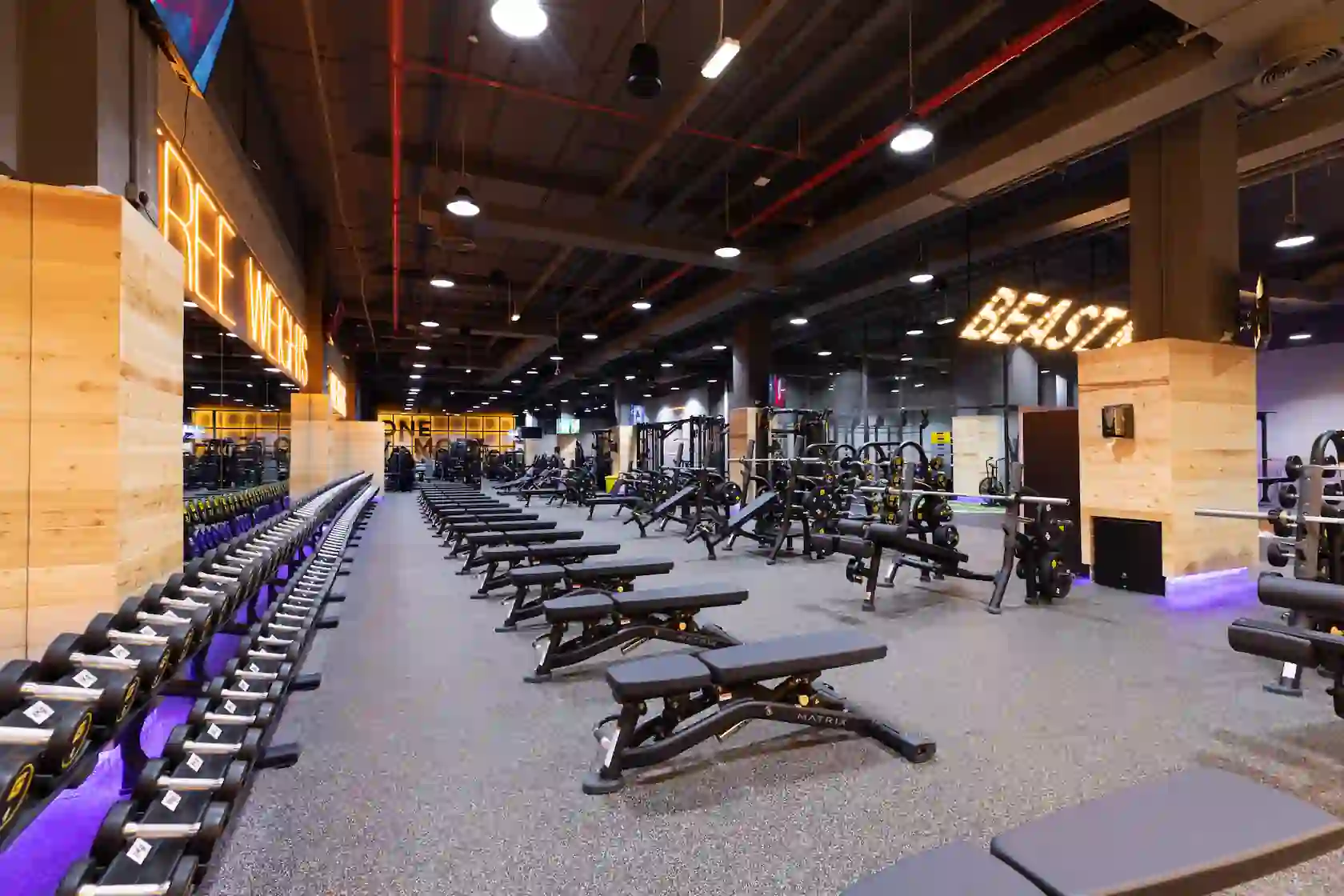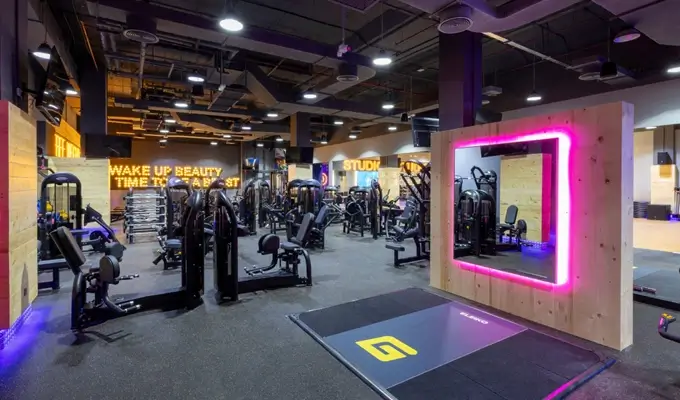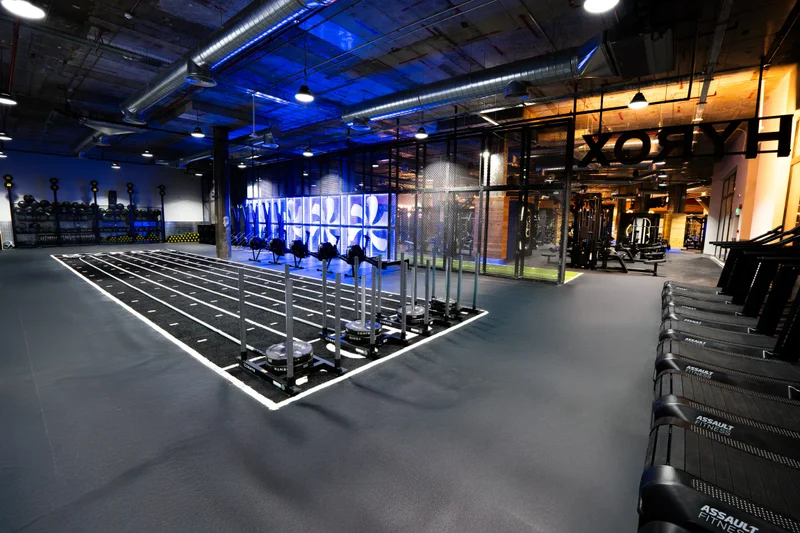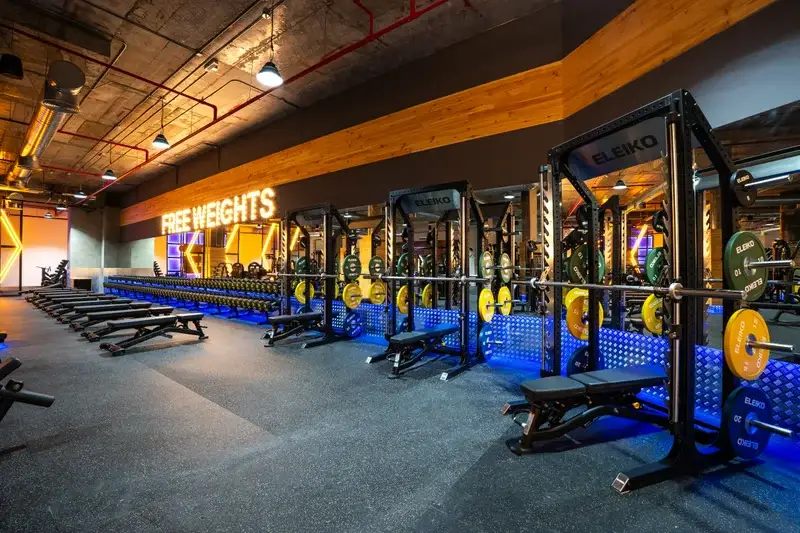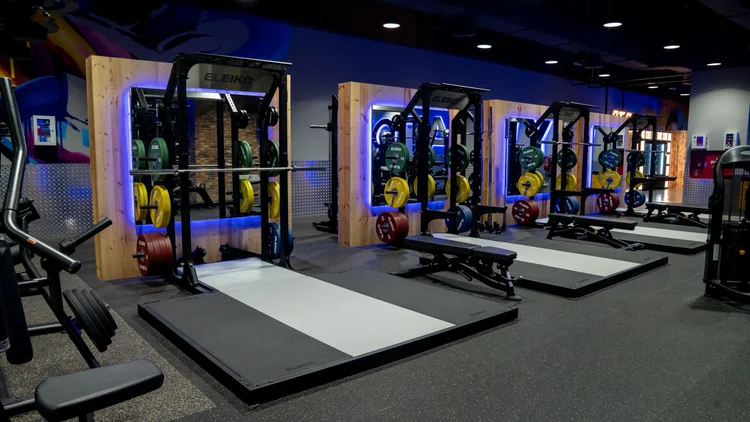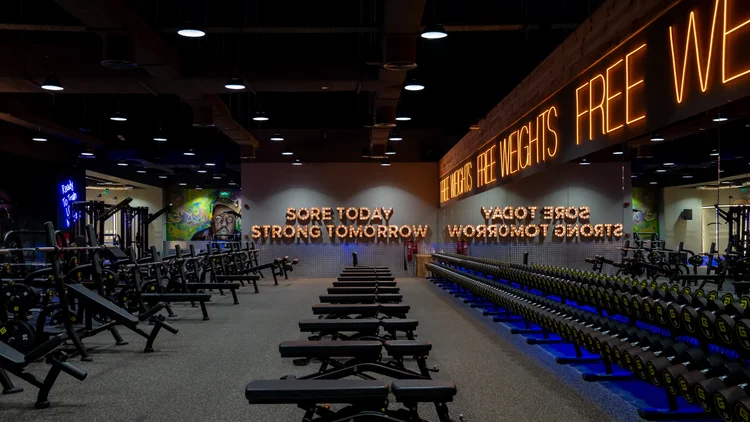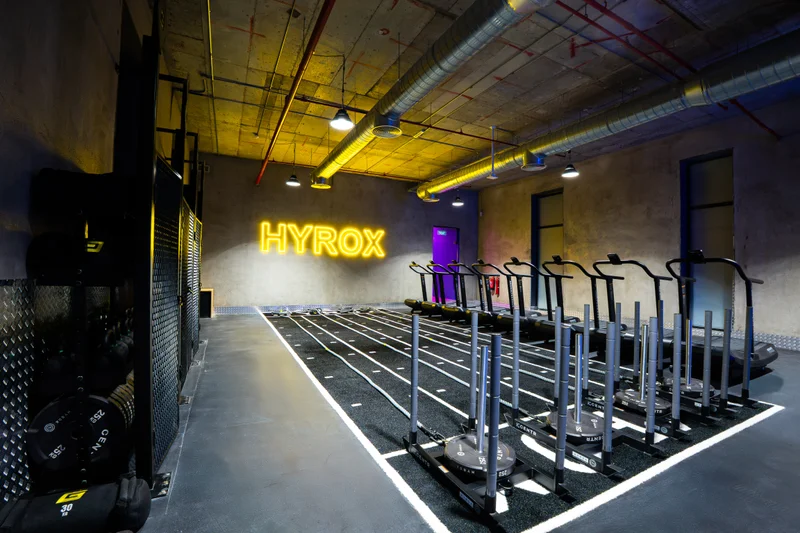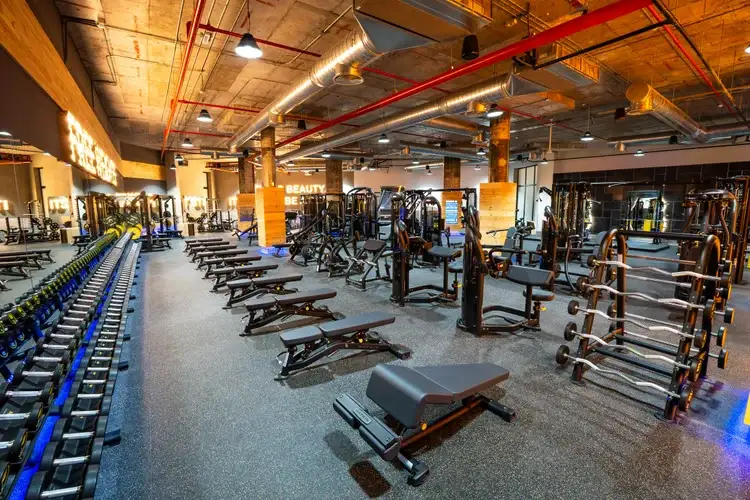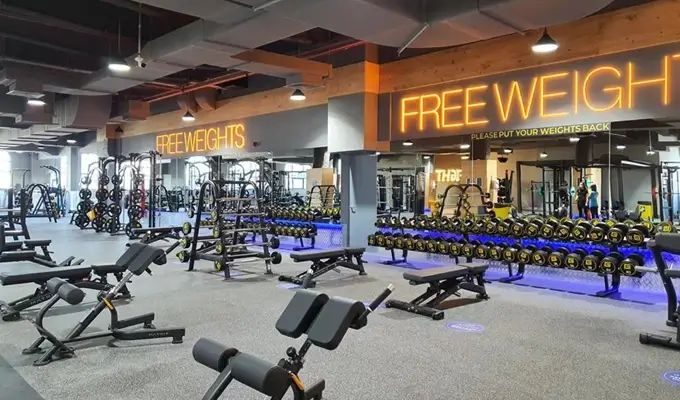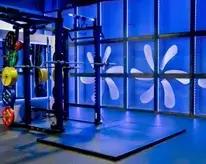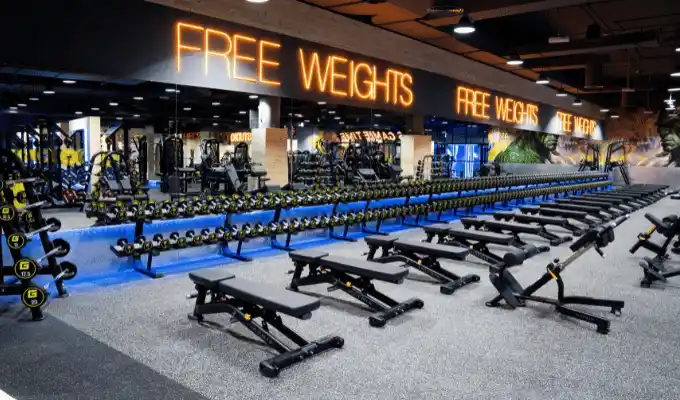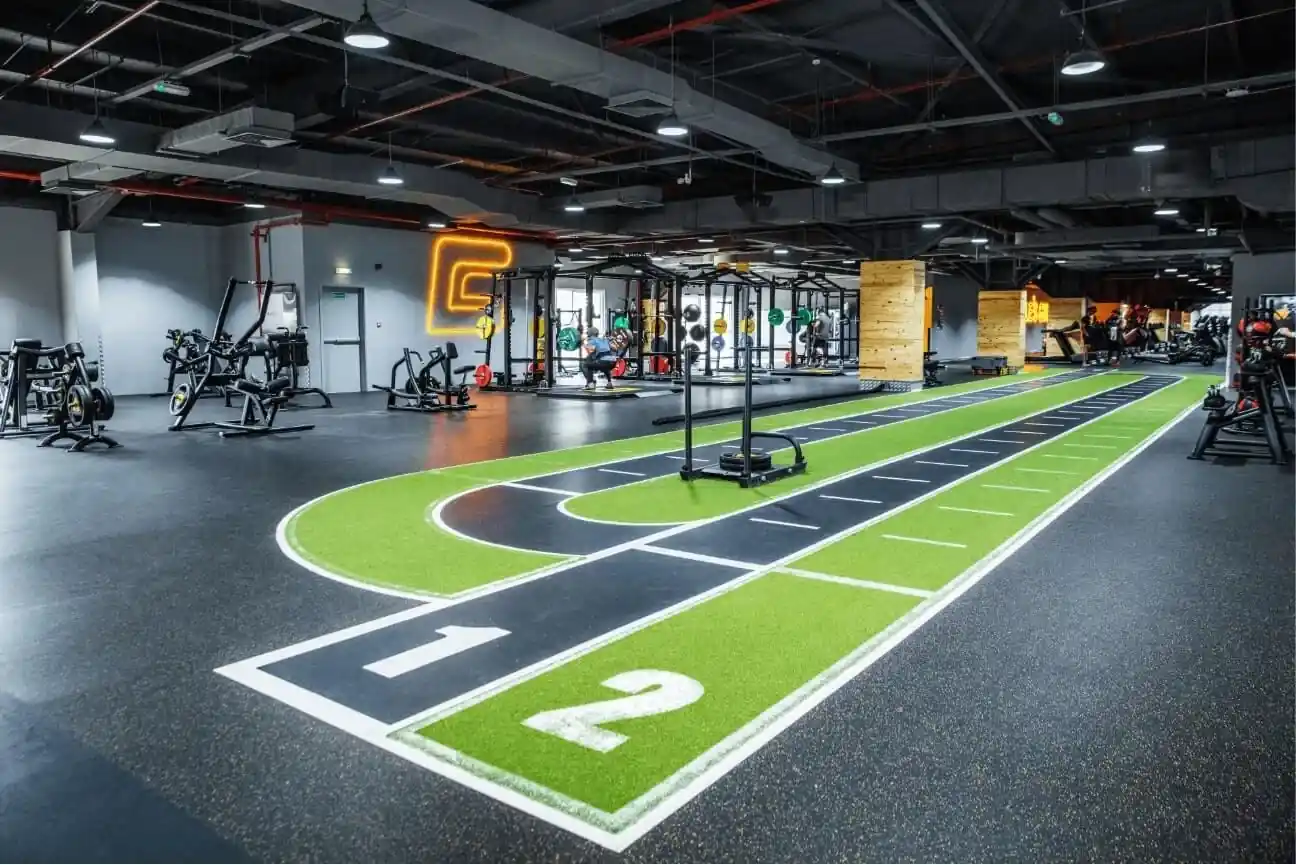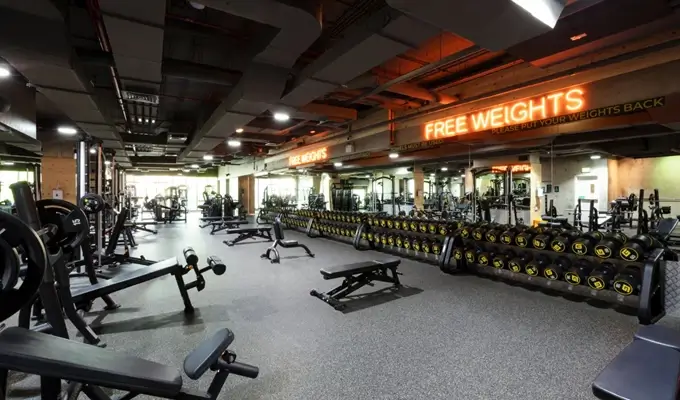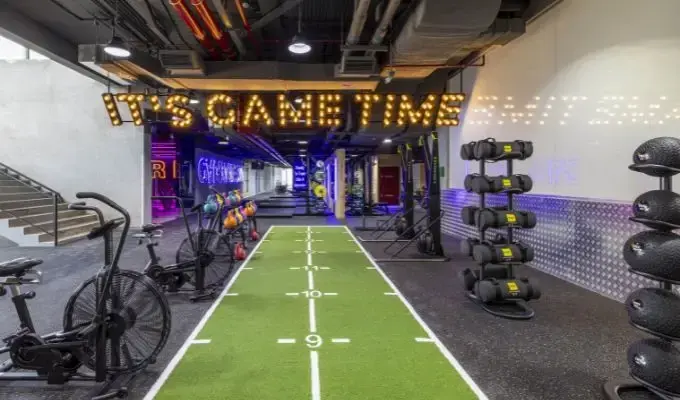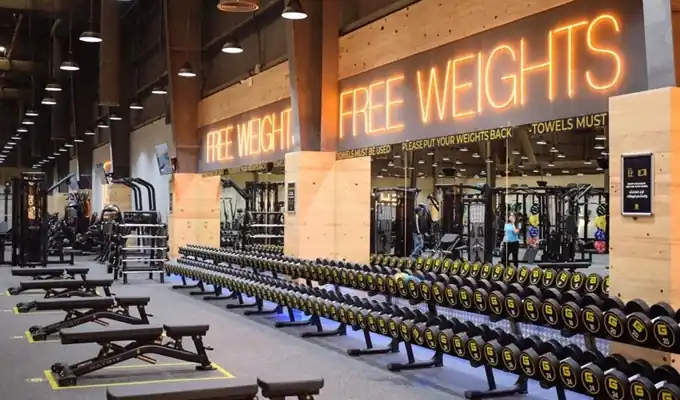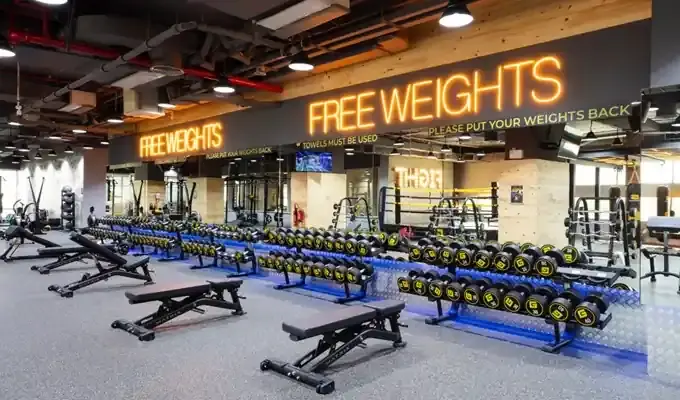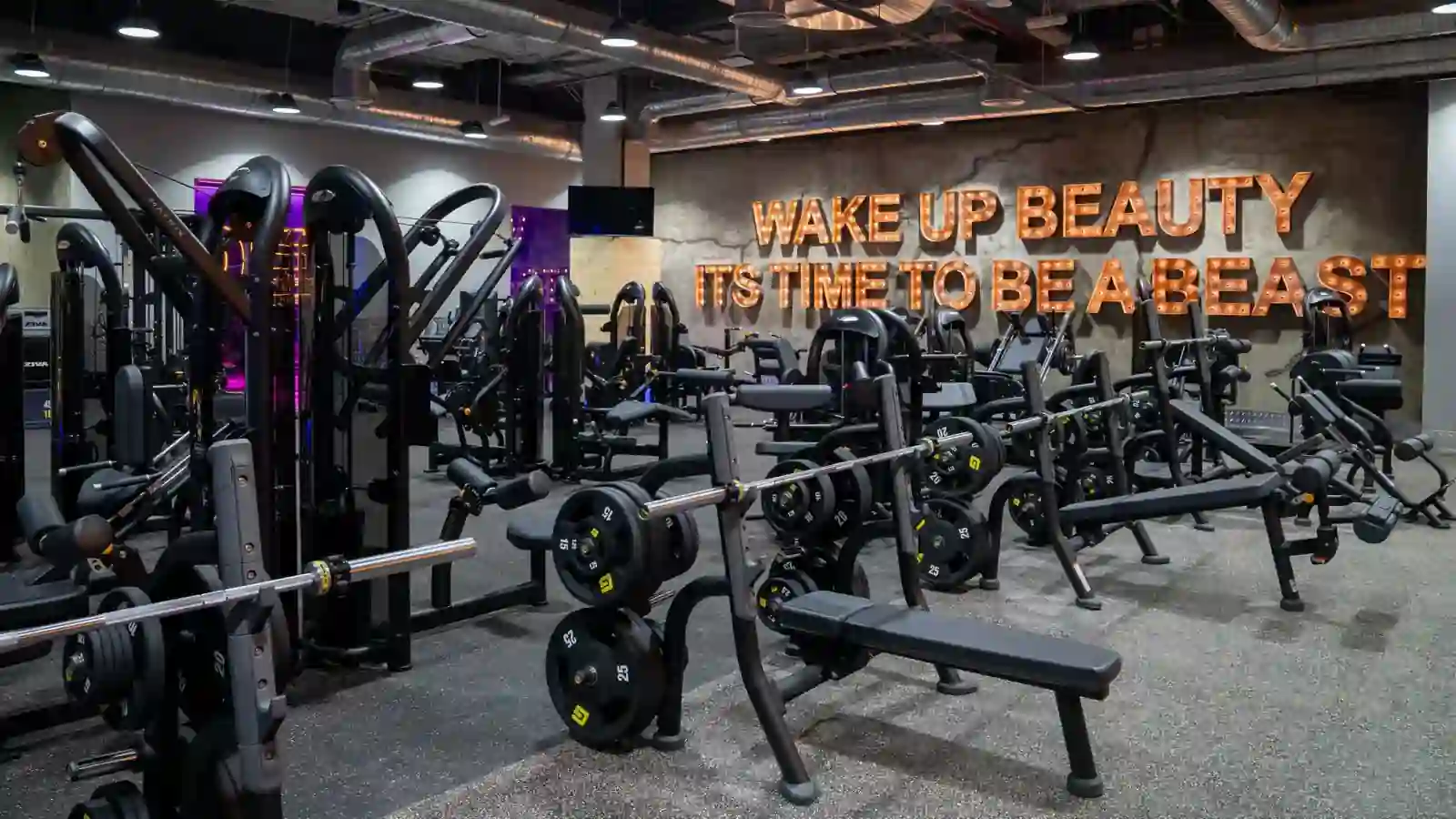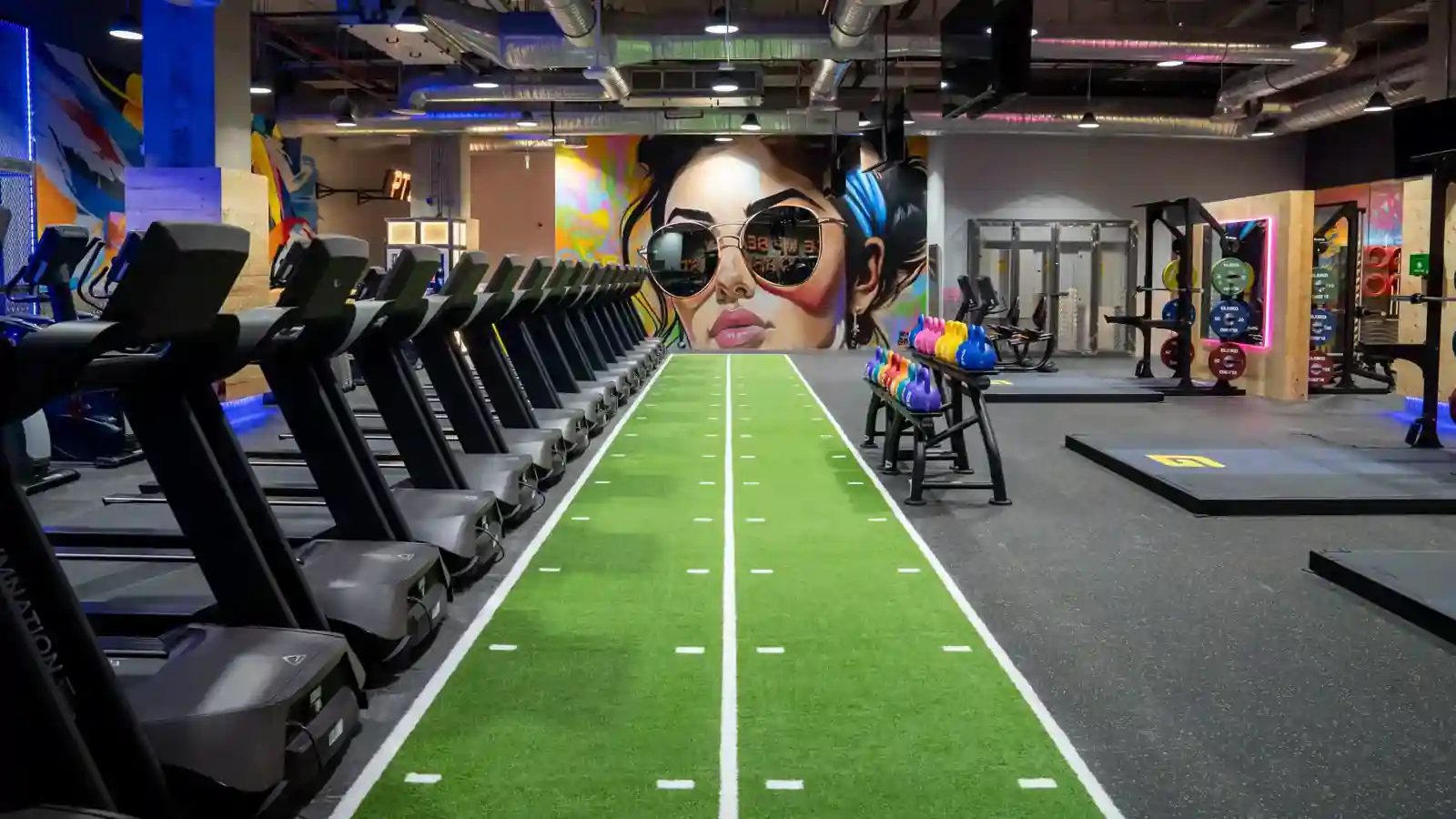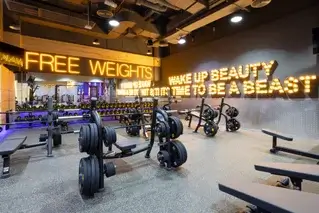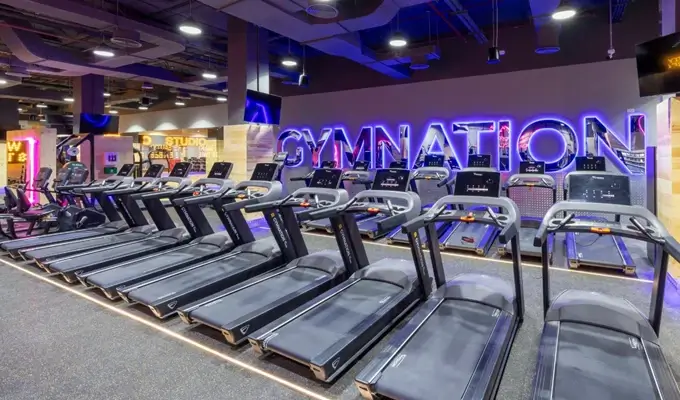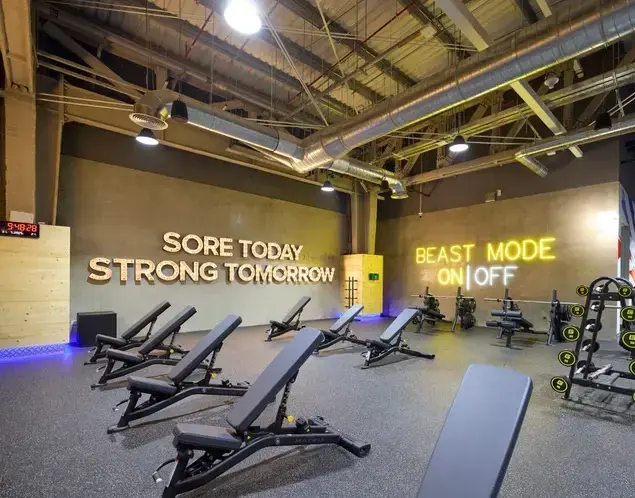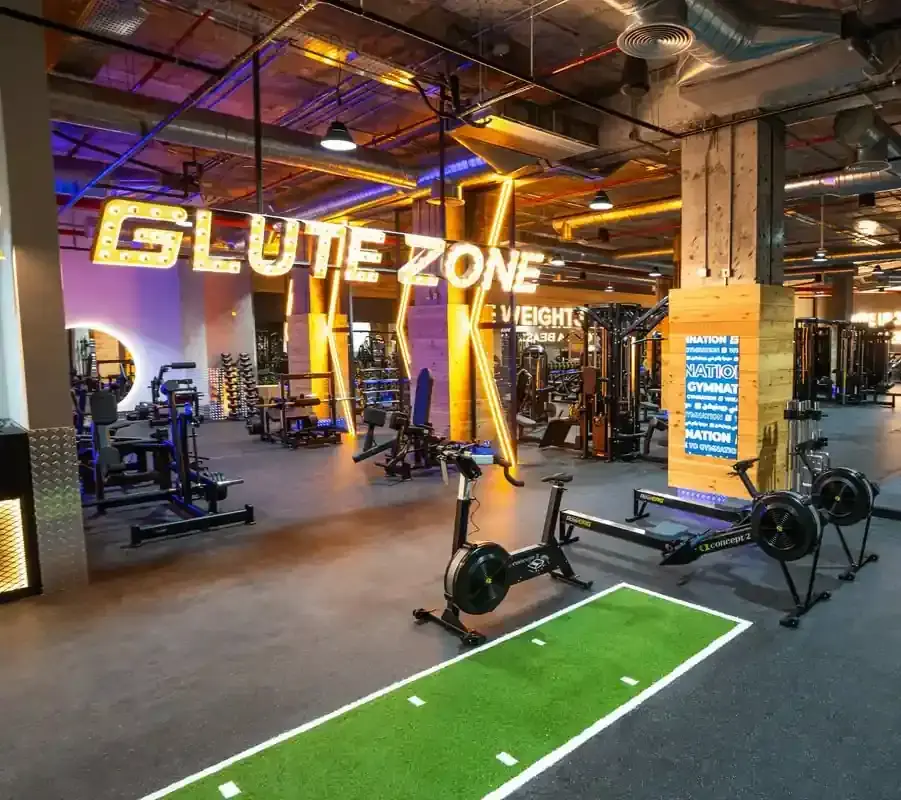Protein Needs for Workouts?
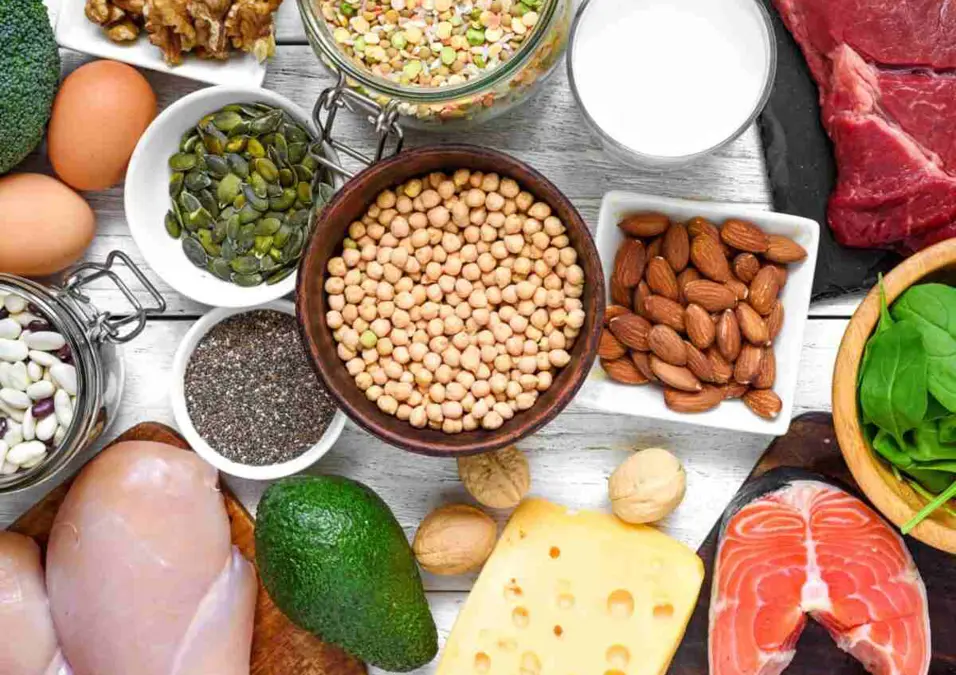
SIGN UP FOR YOUR FREE DAY PASS TODAY!
Hitting the gym to lift some weights can open the door to an entire wellness routine.
Before you know it, you’re incorporating pre-workout mobility drills, grabbing a foam roller, or using one of those high-tech massage guns that look capable of drilling into your thigh.
And let's not forget those $15 protein shakes sold in the lobby. Are they really necessary to make the time you spent lifting weights worthwhile?
That barista convincing you to add an extra scoop of protein powder might not rely on strong scientific backing, but it’s true that regular exercise increases your body’s need for protein.
Protein is vital since it provides amino acids that repair the muscle tissue damaged during workouts.
Want more? View the Top 20 High-Protein Foods.
Do You Really Need More Protein?
According to sports dietitian Sarah Gilbert, MS, RDN, LDN, CSSD, from Boston University’s Sargent Choice Nutrition Center, most Americans already consume more protein than needed.
For an average person, the U.S. recommended dietary allowance (RDA) is about 0.8 grams of protein per kilogram of body weight per day.
For example, a 195-pound man requires roughly 70 grams of protein daily, which equates to about two large chicken breasts.
However, people engaged in intense physical activities like weightlifting or marathon training require much more.
Ricky Ng, the performance nutrition director for the Las Vegas Raiders, explains that athletes often aim for 1.6 to 2.4 grams of protein per kilogram of body weight daily. That’s two to three times the regular RDA.
Protein Timing is Key
While eating enough protein is critical, timing your intake properly can make a big difference.
Many people start their day with carb-heavy breakfasts and snacks, saving a significant portion of protein for dinner.
To optimize muscle growth, however, experts suggest spreading your protein intake over three to five meals or snacks throughout the day.
Although the old advice to consume protein within 15 to 60 minutes after exercising has been debunked, keeping a steady protein supply is crucial.
Unlike carbohydrates, our bodies don’t store excess protein. Instead, unused protein might be converted into sugar (if carbs are low) or stored as fat.
On the flip side, insufficient protein levels can lead your body to break down muscle tissue to meet its needs, which impedes muscle growth.
Without consistent protein throughout the day, Ng notes, you may see slower recovery, reduced progress, and lower immunity after workouts.
The Quality of Protein Matters
Not all protein sources are equal. According to Ng, proteins high in leucine are particularly effective for building muscle, as this amino acid boosts muscle protein synthesis.
Foods rich in omega-3 fatty acids and vitamin D also enhance your body’s ability to repair and build muscle tissue.
Protein-packed foods like salmon, pasture-raised eggs, kefir, Greek yogurt, chicken, and beef are excellent options for muscle growth and recovery.
For most people, consuming excessive protein isn’t harmful, unless there are pre-existing kidney problems.
But overindulgence in protein, especially meat, can increase saturated fat intake, which might negatively affect cholesterol levels.
Additionally, high-protein diets often lack balance, leaving out essential foods like healthy fats, fruits, and vegetables, which provide valuable vitamins and minerals.
The Workout Always Comes First
Ultimately, protein’s effectiveness depends on whether you’re putting in the physical effort. Simply consuming extra protein won’t build muscle.
“If you’re going straight from the gym to work and don’t have time to eat for a while, a protein shake can be helpful,” explains Gilbert.
However, there’s no need for specialized products to meet fitness goals.
The key takeaway is clear: while protein is essential, muscle growth and fitness improvements only occur if you’re actively putting in the work.
Source: gq
The opinions shared in the GymNation blog articles are solely those of the respective authors and may not represent the perspectives of GymNation or any member of the GymNation team.
GET YOUR FREE TRIAL TODAY




















